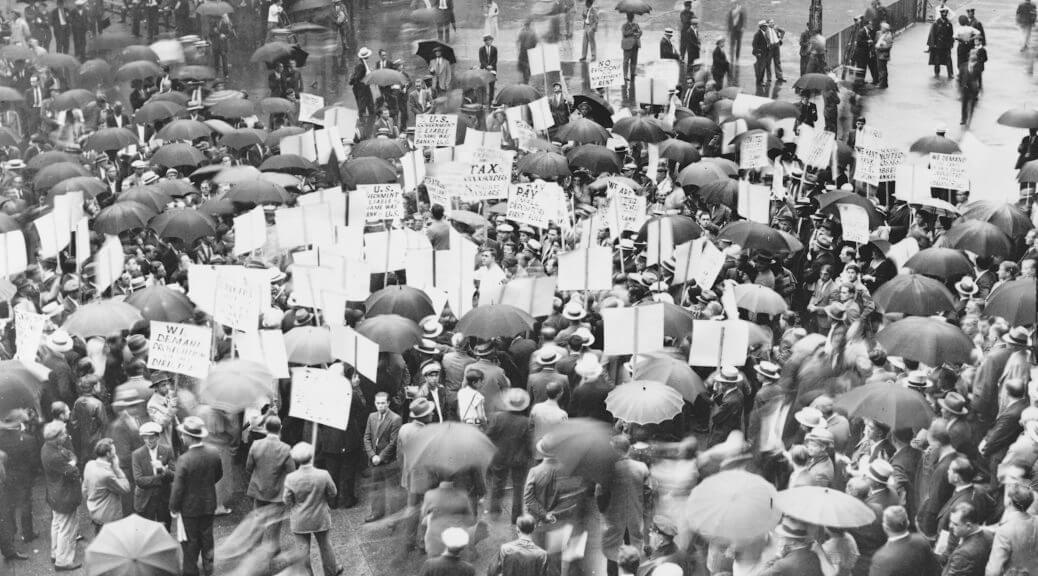What follows is an edited transcript of my conversation with Vincent Geloso.
Petersen: My guest today is Vincent Geloso of the Free Market Institute at Texas Tech University. Vincent, welcome to Economics Detective Radio.
Geloso: It’s a pleasure to be here.
Petersen: So the paper we’ll be discussing today is titled “A U-curve of Inequality? Measuring Inequality in the Interwar Period” which Vincent has co-authored with John Moore and Phillips Schlosser. The paper casts doubt on the claim from, most notably, Thomas Piketty and others that inequality fell from the 1920s to the 1960s and rose thereafter. So, Vincent let’s start by discussing the inequality literature prior to this paper. What is this U-curve and where did it come from?
Geloso: The U-curve is probably the most important stylized fact we have now in the debate over inequality and the idea is that, if you look at the twentieth century, there’s a high point of inequality in the 1910s, 1920s and then from the 1930s onwards up to 1970s, it falls dramatically to very low levels and re-increases thereafter, returning to 1920s-like levels of inequality. So the U-curve is the story of inequality in the twentieth century. It’s mostly a U.S. story because for other countries it looks less like the U-curve than an inverted J. So it’s higher in the 1920s, it still falls like in the U.S. but really increases much more modestly than the United States in places like Sweden, or France, or Canada. But the general story is that there was a high level of inequality at the beginning of the century well up to the mid-second-half of the twentieth century and it re-increased in the latter years and then we have been on a surge since then. Continue reading Re-thinking the U-Curve of Inequality with Vincent Geloso
Subscribe to Economics Detective Radio on iTunes, Android, or Stitcher.











